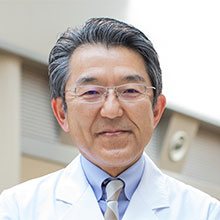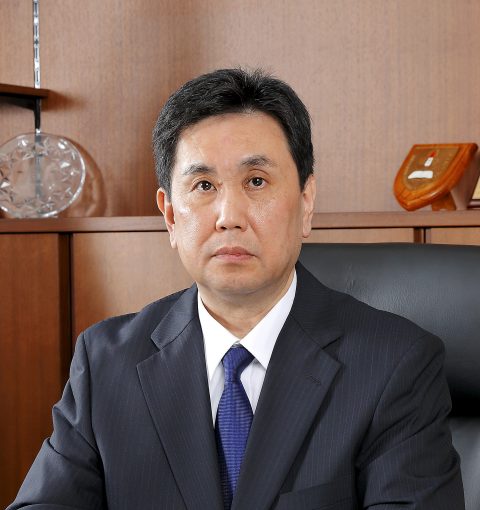Applying the Advanced AI Technologies to the Latest Medical Issues

Provincial cities in Japan suffer from a variety of healthcare issues such as an uneven distribution of doctors, aging patients, and shrinking populations. With the declining population in Japan, similar issues will emerge in the metropolitan areas in the future. This problem is not limited to Japan. As populations around the world mature, these healthcare issues will be considered in global scale.
To confront these significant challenges, three universities – Tohoku University, Hokkaido University, and Okayama University – have collaborated to establish the ‘Clinical AI’ education center, a talent development hub aimed at cutting-edge AI research and development for solving global and local healthcare issues.Our consortium comprises the three core universities of Tohoku University, Hokkaido University, and Okayama University, nine partner universities, and more than 20 private-sector companies—some global in scale—all of which are located in regional cities. The RIKEN Center for Advanced Intelligence Project (AIP), which is in possession of the most advanced AI research and development infrastructure in Japan, has also pledged its support.
By forming Japan’s largest AI talent development consortium, we intend to open up of new fields of medicine. Our goal is to identify the many, unique medical issues faced by Japan’s provinces, and nurture human resources capable of designing AI-based solutions for them.
Hideo Harigae
Project Supervisor
Vice President for Tohoku University Hospital Management
Exploring the Frontiers of Practical Clinical AI

We are very pleased to have been selected by the Ministry of Education, Culture, Sports, Science and Technology (MEXT) for the “Industry-Academia Collaboration Project for Human Resource Development to Accelerate AI R&D in the Healthcare Field”.
With the collaboration of Tohoku University, the lead university, and Okayama University, Hokkaido University will put an effort to develop human resources who are capable of promoting AI development from the northern land of Japan.
With the philosophy of Hokkaido University, “frontier spirit” and “emphasis on practical learning”, we would like to promote this project by creating a practical and educational environment rooted in industry-academia collaborative research with companies, with the objective to solve issues that are apparent in the medical field.
We hope to foster students who are capable of actively promoting AI research in the field of healthcare, and to spread AI technology from Japan and to become a global standard based on the cooperation of the three universities.
I’d like to thank you for all of your support.
Shigetsugu Hatakeyama
Dean, Hokkaido University School of Medicine
Global×Local = “Clinical AI Program” Runs around Japan

As the population structure is changing on a global scale, local medical care is facing many challenges that have never been encountered before. Tohoku University, Hokkaido University, and Okayama University, which share common issues in regional healthcare, are collaborating across the Japanese archipelago in this project to develop human resources who can face the challenges that Japan and the rest of the world will inevitably face in the future and use the latest AI technology to solve them.
In addition to the Faculty of Medicine and the Graduate School of Science, Okayama University has established “CYPHER”, a cross-departmental AI and data science research organization centered on the Faculty of Engineering; OASIS (Okayama AI and Secure IoT Co-Creation Consortium), which consists of companies and university researchers who aim to conduct joint research in the fields of AI, IoT, and security-related technologies; and the Humanities and Social Sciences Research Institute. In addition, researchers from the Faculty of Humanities, companies engaged in joint research on medical AI, and cooperating universities such as Tokushima University, Kagawa University, Yamaguchi University, Tottori University and Kawasaki Medical University are participating in this project. The educational program includes a four-year doctoral course in medical AI applications and a one-year intensive course in medical AI. In addition, the university has established a consortium of universities, faculties, industry and academia to develop human resources who can implement AI in the medical field and solve medical problems.
Keiji Naruse
Director, Okayama University Graduate School of Medicine, Dentistry and Pharmaceutical Sciences
